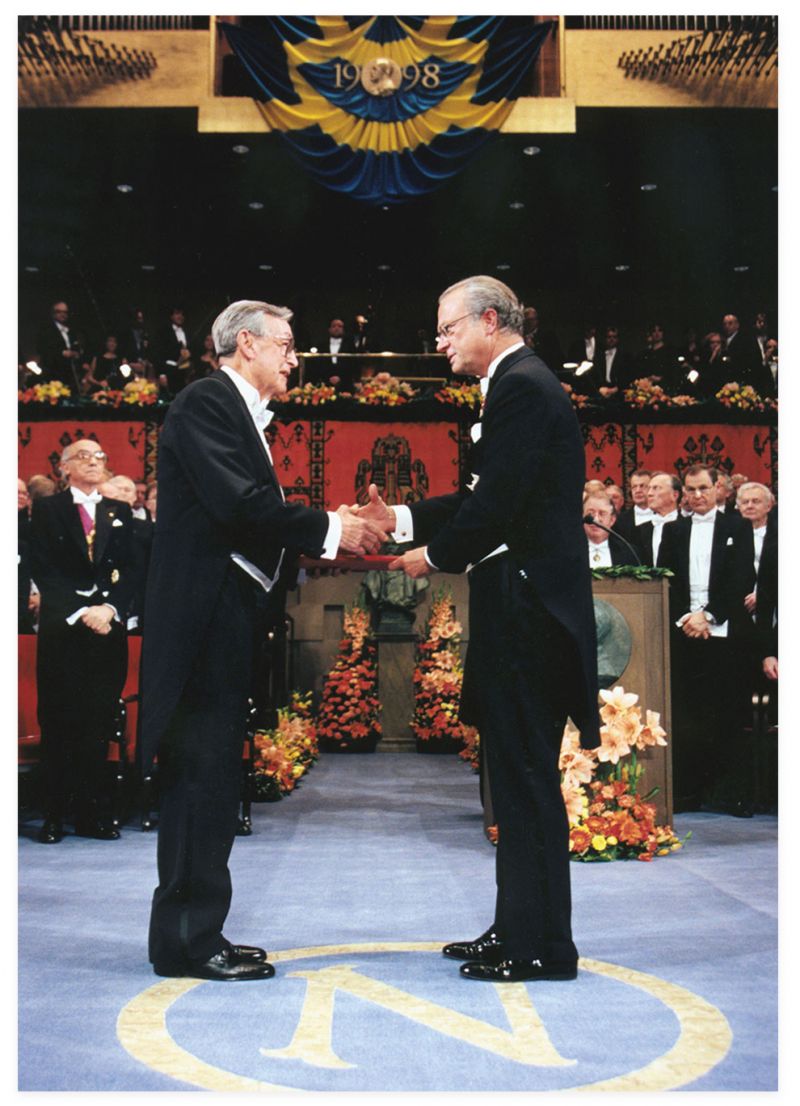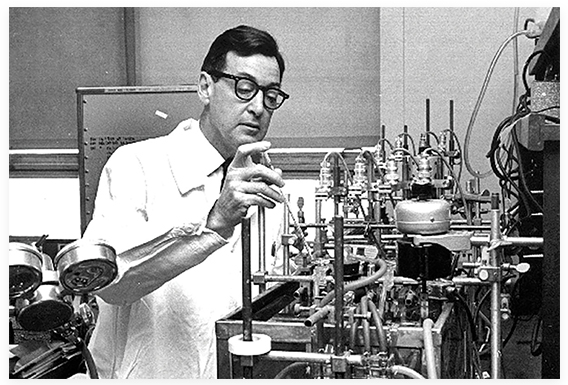His discoveries led to new cardiovascular treaments and to the development of Viagra

In 1998, Dr. Robert Furchgott was awarded the Nobel Prize for Physiology or Medicine for finding that nitric oxide works as a signaling agent in the cardiovascular system.
Charleston has produced many pioneers in medicine. The 18th-century scientific inquiries of Drs. Alexander Garden, Lionel Chalmers, and John Lining won them fame (Garden collected unknown new world animal and plant species, while Chalmers and Lining studied fevers and disease). A little later, native William Charles Wells (1757-1817) was recognized as the first to articulate the theory of natural selection by Charles Darwin in his groundbreaking On the Origin of Species.
A 20th-century Charlestonian in that league is Dr. Robert Furchgott, who was born on June 6, 1916. Descended from 19th-century Jewish immigrant families, he grew up in homes on Colonial Street and Ashley Avenue.

Furchgott’s interest in science was sparked by classes and field trips sponsored by The Charleston Museum, where he was mentored by its director Laura Bragg, and curator E. Burnham Chamberlain, who opened the boy’s eyes to the wonders of ornithology. He attended Crafts School and Charleston High before moving with his family to Orangeburg. A year at the University of South Carolina led to study at the University of North Carolina and later degrees and work at Northwestern, Cornell, and the State University of New York in the field of biochemistry.

As early as World War II (a detached retina invalidated him for service), Furchgott was working on circulatory research. In 1980, he showed that the ability of blood vessels to contract or expand disappeared when the innermost layer of those blood vessels was removed. He realized that an agent was involved, a discovery heralded as a milestone in vascular biology. Six years of research led to his announcement that the agent was nitric oxide, opening up vistas for new cardiovascular treatments, as well as the development of drugs like Viagra. In 1998, Furchgott was awarded the Nobel Prize for Physiology or Medicine, along with Louis J. Ignarro and Ferid Murad “for their discoveries concerning nitric oxide as a signaling molecule in the cardiovascular system.”
Furchgott returned to Charleston in 2004 and was a visiting professor of medicine at the Medical University of South Carolina. He died on May 19, 2009, in Seattle at the age of 92. He is remembered as a brilliant researcher and medical pioneer.